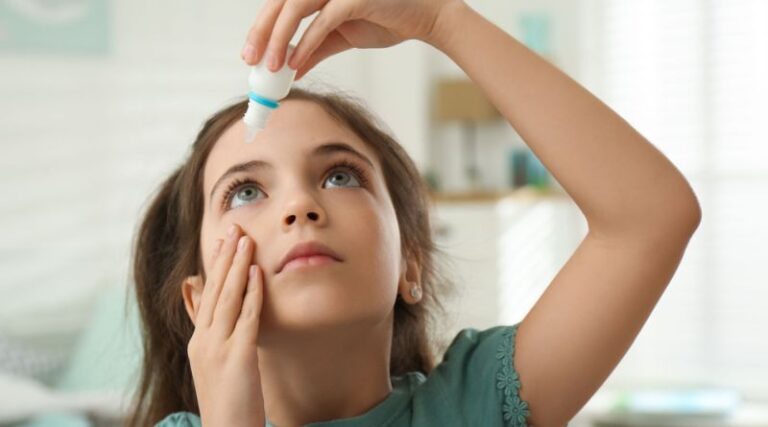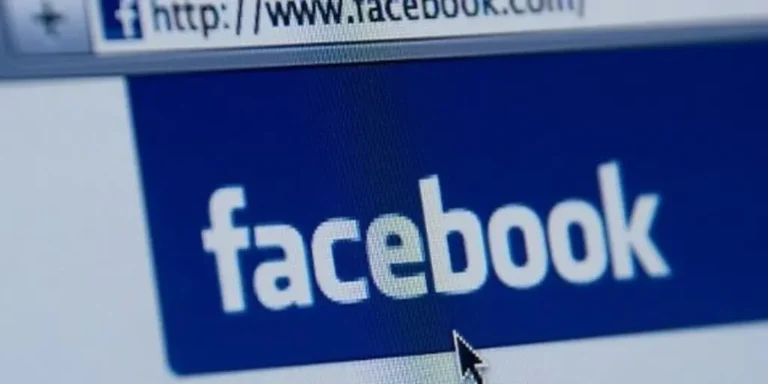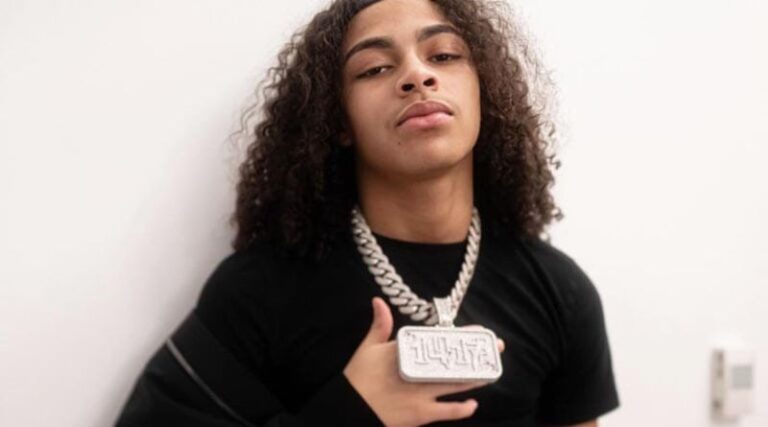
When it comes to your child’s health, ensuring their vision is properly cared for is just as important as any other medical check-up. A kids optometrist near me can provide specialized eye care services that cater specifically to children, helping to identify potential vision problems early and providing the right treatments. Just like adults, kids can experience a range of eye issues, including refractive errors, amblyopia (lazy eye), and more, all of which can impact their quality of life, learning abilities, and overall well-being.
Table of Contents
In this article, we will explore why finding a kids optometrist near me is essential for your child’s health, how to choose the right one, what to expect during an eye exam, and answer some common questions about pediatric eye care.
Why See a Kids Optometrist Near Me?
Optometrists are medical professionals who specialize in diagnosing and treating vision problems. While all optometrists are trained to care for adults and children alike, kids optometrists are specifically trained to understand the unique needs of children’s eyes and vision development. Here’s why seeing a kids optometrist near me is crucial:
1. Children’s Vision Development
A child’s eyes are still developing, and many vision problems may not be immediately obvious. A kids optometrist understands the unique aspects of eye development and can identify any issues that may not be detectable by a regular eye exam. Early detection of vision problems ensures that kids receive the treatment they need before it affects their learning and development.
2. Early Detection of Vision Problems
Many children’s vision issues go unnoticed because they often don’t know how to communicate their problems. A kids optometrist near me can detect early signs of vision conditions like nearsightedness, farsightedness, astigmatism, and more. Early intervention is important to prevent complications and to help your child thrive in school and other activities.
3. Proper Prescription Eyewear
If your child needs glasses or contact lenses, a kids optometrist can prescribe the correct prescription to ensure that their vision is clear and sharp. An optometrist with experience working with children can help your child choose the right style of eyewear that suits their needs and preferences, ensuring they feel comfortable wearing them.
4. Eye Health Education
A kids optometrist near me can teach both parents and children about proper eye care, helping them understand the importance of eye health and hygiene. For example, a pediatric optometrist can explain how to prevent eye strain, how to protect eyes from UV damage, and how to develop healthy visual habits.
When Should I Take My Child to a Kids Optometrist Near Me?
It’s recommended to have your child’s first eye exam at around six months of age to check for common vision problems or eye diseases. However, you should take your child to a kids optometrist near me at the following times:
- At six months: The American Optometric Association recommends a pediatric eye exam at six months to ensure that the eyes are developing properly and to identify early signs of conditions like amblyopia (lazy eye).
- At age 3: Children should have a more detailed eye exam at three years old, as this is a critical time for eye development. This is also a good time to start looking for any vision problems that might interfere with learning.
- Before Kindergarten: An eye exam before your child starts school is crucial for ensuring they can see clearly and fully participate in the classroom setting. Vision problems can affect their ability to read, write, and engage with lessons, so an early exam is important.
- Anytime you notice vision problems: If your child is frequently squinting, complaining of headaches, rubbing their eyes, or having trouble seeing the board at school, it’s time to consult a kids optometrist near me.
How to Find the Right Kids Optometrist Near Me
When searching for a kids optometrist near me, there are several factors to consider to ensure you choose the best care provider for your child:
1. Specialization in Pediatric Eye Care
Look for an optometrist who specializes in pediatric care. Pediatric optometrists have extra training and expertise in handling the unique needs of children’s eyes. They are more likely to have a child-friendly approach and use techniques that make kids feel comfortable and at ease during their exam.
2. Experience and Reputation
It’s always a good idea to look for reviews and testimonials from other parents. You can search online or ask for recommendations from your pediatrician, family members, or friends. A kids optometrist near me with a good reputation for providing excellent care will make the process smoother for both you and your child.
3. Office Atmosphere
A child-friendly environment can make a big difference in your child’s experience at the optometrist’s office. Look for an office with a welcoming, safe, and comfortable environment where children can feel at ease. Some optometrists even have play areas or toys in their waiting rooms to help keep kids entertained before their appointment.
4. Insurance and Payment Options
Before booking an appointment, check if the optometrist accepts your insurance and ask about payment options. Most pediatric optometrists accept major insurance plans, but it’s always best to confirm this beforehand to avoid any surprises.
5. Convenient Location and Availability
A kids optometrist near me should be easy to get to and offer convenient appointment times that fit your schedule. If the office is too far or the hours are not flexible, it could become a hassle to keep regular check-ups.
What to Expect During a Child’s Eye Exam
A child’s eye exam with a kids optometrist near me will vary depending on the child’s age and development stage. Here’s a general idea of what to expect:
1. Pre-Exam Screening
Before the actual exam begins, the optometrist may conduct a brief screening to check for basic visual issues. This may include checking how well your child can see from a distance or up close and evaluating their ability to focus on objects.
2. Refraction Test
This test helps determine if your child needs glasses or contacts. The optometrist will use a device called a phoropter to check for nearsightedness, farsightedness, or astigmatism.
3. Eye Health Evaluation
The optometrist will check the overall health of your child’s eyes, looking for signs of eye diseases or abnormalities. This can include examining the retina, eye pressure, and visual acuity.
4. Assessment of Eye Coordination
The doctor may also assess how well your child’s eyes work together by having them follow objects or focusing on different targets. This helps detect any problems with eye alignment or depth perception.
5. Discussion and Recommendations
After the exam, the optometrist will explain the results and discuss any findings. If your child needs glasses, they’ll help you choose the best frame and lens options. They may also provide advice on how to care for your child’s eyes and prevent future vision issues.
Common FAQs About Kids Optometrist Near Me
1. How often should my child see an optometrist?
For children with no apparent vision problems, the American Optometric Association recommends eye exams every two years after the initial screenings. However, if your child has a specific condition or vision issue, more frequent exams may be necessary.
2. What are the signs that my child needs to see an optometrist?
If your child experiences any of the following, it may be time for an eye exam: squinting, covering one eye, frequent headaches, difficulty reading or seeing the board at school, or complaining of blurred vision.
3. Are eye exams for kids covered by insurance?
Many insurance plans cover pediatric eye exams, but coverage can vary depending on the provider and the plan. It’s important to check with your insurance company and the optometrist’s office before scheduling an appointment.
4. What if my child needs glasses?
If your child needs glasses, the optometrist will provide a prescription and help you select the right frames and lenses for your child’s needs. They may also discuss options for contact lenses if your child is old enough to wear them.
5. Is there any special preparation needed for a child’s eye exam?
In general, no special preparation is needed. It’s a good idea to make sure your child is well-rested and not overly anxious before the appointment. You may also want to bring any relevant medical history or information about your child’s health.






